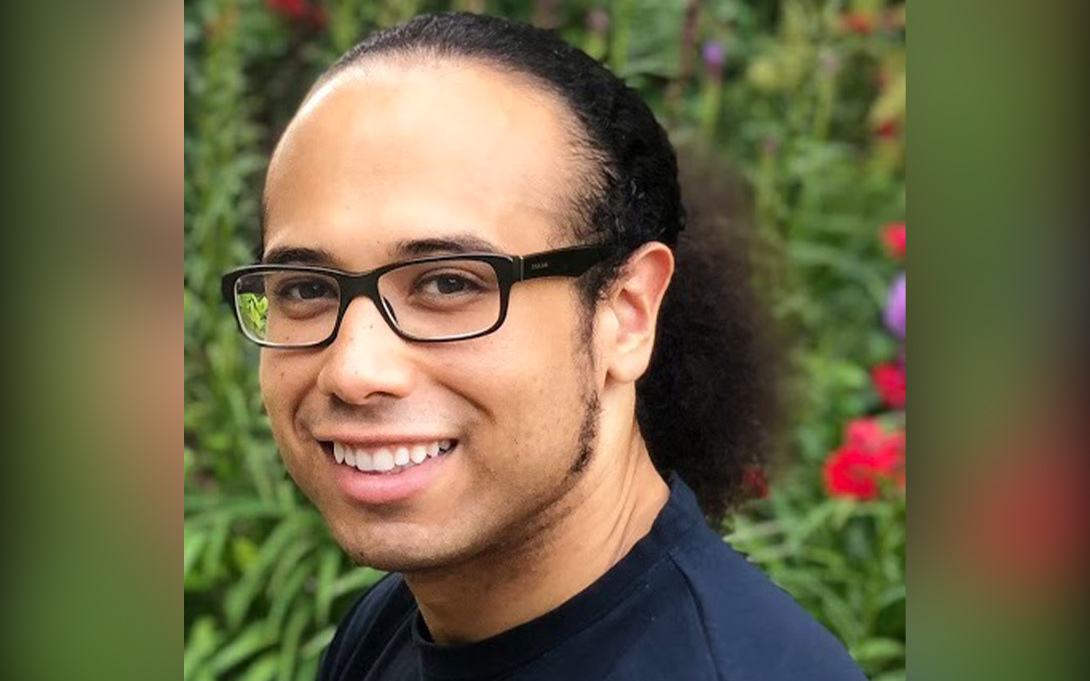
We needed to get resources to people without putting our residents, city workers, and volunteers in danger.”
Meeting the needs of vulnerable populations during the COVID-19 crisis was Ford School alum Eric Rodriguez’ (MPP ‘19) top priority. As senior executive analyst for the City of San José, Rodriguez launched the first virtual local assistance center (VLAC) compiling resources such as food access, employment, and housing. “Typically, local assistance centers are set up in a temporary physical location to distribute relief/information to people affected by disaster,” Rodriguez explained, “However, COVID-19 posed a unique challenge to this model, as people could not line up to receive aid the same way.” VLAC is designed to reach the city’s most vulnerable populations based on diversity, equity, and inclusion principles, and Rodriguez also identified other barriers to confront in order to ensure resources are provided to those who need it most.
Rodriguez understood that even under normal circumstances, this population may be hesitant to assemble in a physical location “due to many challenges related to being a part of a historically marginalized group.” Guided by the Government Alliance on Racial Equity’s framework, Rodriguez created a customized approach to distributing information and aid to these individuals, starting with a website for constituents.
Those navigating the website could easily identify their needs, as “each button on the VLAC links to curated resources as well as an option to contact the City for additional assistance according to a constituent’s need,” says Rodriguez. The inquiries are then sent to individual team members who connect with the individual to answer more directed questions.
His work did not stop there. Rodriguez established call centers and assembled a grassroots effort to reach at-risk, mostly uninsured individuals through a partnership with local healthcare providers. ”We are checking in on residents and providing them with information that exists on our virtual center as well as connecting them with referral agencies,” said Rodriguez. He also works closely with community organizers and has created mass WhatsApp messages.
To bridge the stark digital divide among populations, the city of San José has deployed mobile Wi-Fi hotspots. His team also performed geospatial analysis to identify areas to best reach populations without at-home internet access. “Our target population travels as essential frontline workers or to receive essential services, where flyers and posters with QR codes are strategically placed,” says Rodriguez. “We needed to get resources to people without putting our residents, city workers, and volunteers in danger,” and his plan did just that. Reaching over 150,000 residents, Rodriguez found thoughtful ways to circumvent the digital divide and give assistance to those who need it most.
Visit the VLAC site here.